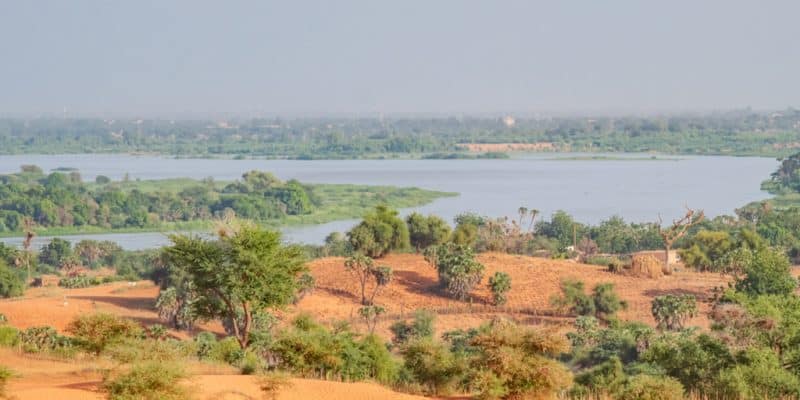Nigeria plans to join the Convention on the Protection and Use of Transboundary Watercourses and International Lakes, also known as the Helsinki Water Convention. Through this move, the West African country hopes to receive support from the United Nations Economic Commission for Europe (UNECE) to address water management challenges, including population growth, increased urbanization, irrigated agriculture and industrialization.
To raise the level of Nigeria’s cooperation in transboundary water in the run-up to the next United Nations Water Conference in 2023. This is the main challenge of Nigeria’s upcoming accession to the Convention on the Protection and Use of Transboundary Watercourses and International Lakes. The Nigerian government’s decision to ratify the Helsinki Water Convention was made public at a national workshop, held from July 27 to 29, 2022 in Abuja.
Nigeria will benefit from the support of the United Nations Economic Commission for Europe (UNECE), which initiated the convention to address the current water challenges in the West African country, including population growth, increased urbanization, pollution, irrigated agriculture and industrialization. These challenges are exacerbated by drought and increased reliance on groundwater resources. Nigeria also suffers from permanent flooding, which could have a multi-billion dollar impact.
A legal framework
Nigeria shares the water resources of Lake Chad with Algeria, Cameroon, Niger, Central African Republic, Chad and Sudan. It is the largest inland drainage area in Africa, covering an area of 2,434,000 m2, or 8% of the total area of the African continent. The country is also home to about 80% of the 100 million inhabitants of the Niger River Basin, which also benefits Algeria, Benin, Burkina Faso, Cameroon, Chad, Ivory Coast, Guinea, Mali and Niger.
In addition to providing a legal basis for cooperation that benefits peace, stability, economic growth, and sustainable development more broadly, Nigeria’s commitment to the Helsinki Water Convention also provides a solid foundation, with the support of international financial institutions, to help mobilize financing and reduce investment risks for climate change adaptation in shared basins. The convention should help Nigeria improve its integrated water resources management at the national level.
Read also –
Regional legal frameworks such as the Lake Chad Basin Water Charter could also come into force in Nigeria with the ratification of the Convention on the Protection and Use of Transboundary Watercourses and International Lakes. The validation of Nigeria’s proposal by the UNECE will make it the 8th State Party to the 1992 Helsinki Convention in Africa. The convention has already been ratified by Ghana (in 2020), Chad and Senegal in 2018, and Guinea-Bissau and Togo in 2021. Cameroon and Uganda are expected to complete the process soon. At the regional level, Nigeria is a member of the Lake Chad Basin Commission. The country is also a member of the Niger Basin Authority.
Inès Magoum







